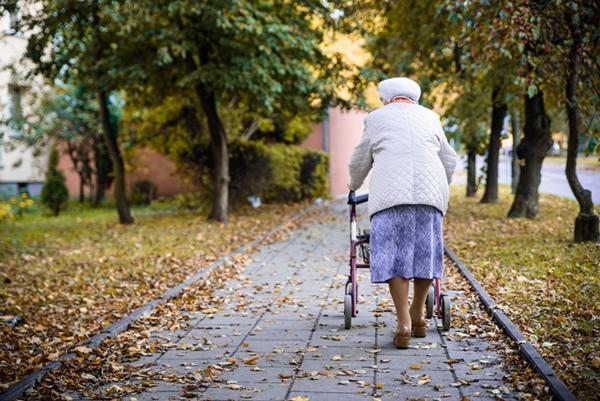Blog

Recovering From a Fall
Sep 03, 2019
What to do after a fall
One out of five falls causes a serious injury such as a broken bone or a head injury.
According to the National Council on Aging, falls are the leading cause of fatal and non-fatal injuries for older Americans. Falls threaten seniors’ safety and independence and generate enormous economic and personal costs.
It’s important to prevent falls in your home, however, this does not mean falls will not occur. In the case you do fall, it’s important to know how to handle the situation.
Check-in with your doctor!
After a fall you must check in with your doctor to make sure there are no lasting effects. Less than half of older patients who fall tell their clinician they’ve had a fall, which can lead to major injuries and even death.
Things you should be talking about with your doctor
Underlying new illnesses
Bring up symptoms you’ve been having with your doctor, whether you’ve been feeling unwell or have generalized weakness. Being open with your doctor about anything you’ve been experiencing will help you in the long run.
Blood pressure and pulse reading when sitting and standing
Medication can have effects on blood pressure, which can lead to falls. Make sure your blood pressure does not drop when standing.
Blood tests
Falls can be worsened by problems with blood count or by things like blood sodium getting too high or too low. Ask your doctor about any abnormalities in your blood work and how they are going to address it.
Medications review
Many medications can affect fall risk. It’s important to speak with your doctor about any of the medications you are taking and if you are at a higher risk of falls because of them. In many cases, medications that are affecting you negatively can be reduced or eliminated, but it does require you to talk to your doctor about it.
Gait and balance
Have your doctor assess your walking for balance and let them know of any pain or discomfort you may be having. If there are issues with your gait or balance, consider speaking with a physical therapist.
Vitamin D level
Low vitamin D levels can contribute to fragile bones and treating low levels of Vitamin D might help reduce falls in older adults.
Underlying heart conditions or neurological conditions
In some cases, falls are caused by chronic conditions, different from the acute illnesses doctors typically look for following a fall. If you’re concerned, ask your doctor whether they think an underlying heart or neurological condition might be at play.
Vision, podiatry, and home safety referrals
The cause of the fall could be related to your vision or foot strength. In these cases, it’s important to see a podiatrist or an optometrist. After a fall, it’s also important to look through your home and determine any hazardous areas.
For more information regarding this list, please visit BetterHealthWhileAging.net.




